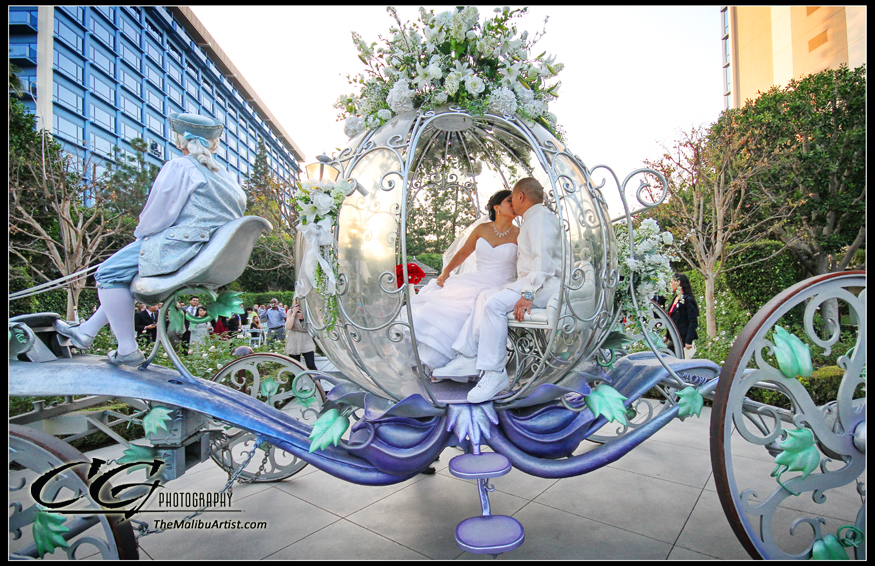People often ask me what one thing they can do right now to
improve their photographs. So before I answer, I think about what aspect of
photography a person, regardless of skill level, can control to yield immediate
results. My simple answer is composition.
In the next few weeks I will be talking about composition,
but for now I want to talk about my favorite element of composition. The one
element I tell people can improve their photography almost immediately.
That element is framing.
Now framing is one of many types of composition you can utilize
to make your photos better, but before I go into why it’s my favorite, I want
to list the most common types of composition.
Here are the basic types of composition I use most (all of
which I will be discussing in the future):
- Leading Lines
- Rule of Thirds
- Patterns
- Frame Balance
- S-Curve
FRAMING:
My favorite. It's my favorite because it's not only easy, it's fun to look for frames. They add depth to photographs and since photographs are not three dimensional, any depth you can add will be appealing to the eye. It’s the one element that
I tell people can vastly improve their photography. Regardless of whether you shoot M-mode or Automatic mode, this composition
technique is most noticeable immediately and you will see results immediately. It’s also the easiest to explain.
Framing is exactly what it’s called. It’s basically framing your
subject within the frame of the viewfinder using both natural and man-made
elements. The best way to explain it is
simply by looking at images.
Here are some images I've created using both natural framing elements and man-made elements.
 |
| Again. This is an actual doorway I used to create the element of framing within the viewfinder. It is a very effective technique for fine art as well. |
Now the biggest challenge for framing is training your eye to spot "natural" framing elements. Again, with practice, you will begin to see frames just about everywhere you look. As you become accustomed to using frames in composition you can begin to experiment with the concept.
Here's a such example from a photo I took of Half Dome in Yosemite recently:
Another example: You should certainly be able to see the "frame" in these examples by now. Incorporate it into your work!
 |
| I love to frame using windows. Simple, but effective. |
So why is framing such a power element that can make your photography better overnight? It has a little to do with the science of our vision. But I have my own little theory. Our eyes are naturally attracted to frames that surround us constantly. As a photographer, I think it's my job to magnify frames to share with other eyes (in most cases, people just don't realize there are frames around them). That's how I see it anyway.
So use them in your own photography and train your eye. You will surprise yourself, I guarantee it, with the amount of frames you can create using what is out there! -cg

.jpg)



No comments:
Post a Comment